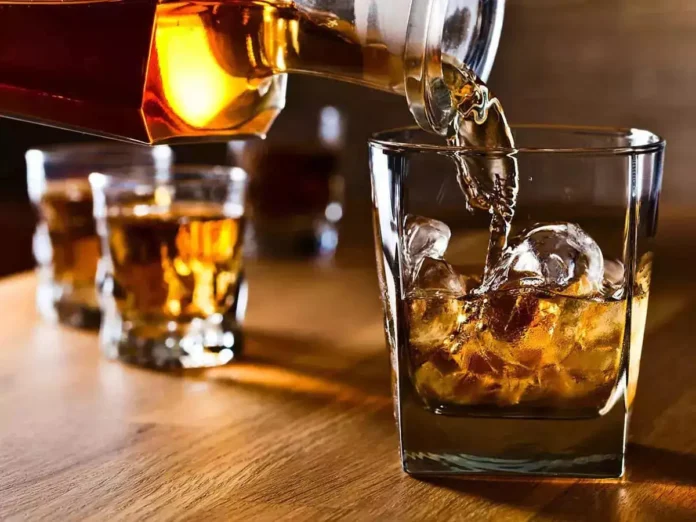A major tariff reduction on imported Scotch whisky under the new India-UK free trade agreement is unlikely to significantly lower prices for Indian consumers, as local taxes and complex state-level regulations continue to dominate the final cost of spirits.
While the deal halves import duties on Scotch from 150% to 75%, industry experts say the move will likely result in retail price cuts of less than 10%. In India’s fragmented alcohol market, where each of the 28 states and eight union territories independently tax and regulate liquor, the bulk of a bottle’s final price is driven by state excise duties, handling fees, and retail margins.
“The tariff cut won’t be a gamechanger,” said one executive at a foreign liquor company, noting that customs duties typically make up less than 25% of the total product price in most states.
Naveen Malpani, consumer and retail industry leader at Grant Thornton Bharat, explained that import duties account for just 10% to 20% of a bottle’s price on average, with local levies bearing the brunt. “The deal is likely to enhance premiumisation and brand variety rather than trigger an immediate spike in demand,” he said.
In Kerala, for instance, local taxes push the price of a bottle of 18-year-old Chivas Regal from 6,288 rupees ($72) with import tariffs to 13,560 rupees ($156). A bottle of Johnnie Walker Blue Label retails for 30,570 rupees ($352) in the state, nearly double its price in California.
Despite high prices and regulatory hurdles, India remains a lucrative market for global distillers. With over 192 million bottles of Scotch exported to India in 2024, the country is the largest volume market for Scotch globally. Major players like Diageo and Pernod Ricard together generated nearly $6 billion in revenue from India last year.
However, navigating India’s spirits market is notoriously complex. Companies must secure annual approvals for bottle labels and prices, a process Pernod Ricard once described as making India “probably the most complex market” in the world.
Meanwhile, Indian single malt producers are gaining ground. With growing domestic pride and evolving consumer tastes, many young Indians are now opting for homegrown whiskies over imported Scotch. Rajesh Chopra, Director General of the Indian Malt Whisky Association, said lower tariffs might spur greater collaboration between Indian and UK distillers.
“Indian single malts are now standing tall, and the tariff cut could open the door for more innovation and partnerships,” he noted.
Written By Rodney Mbua



















